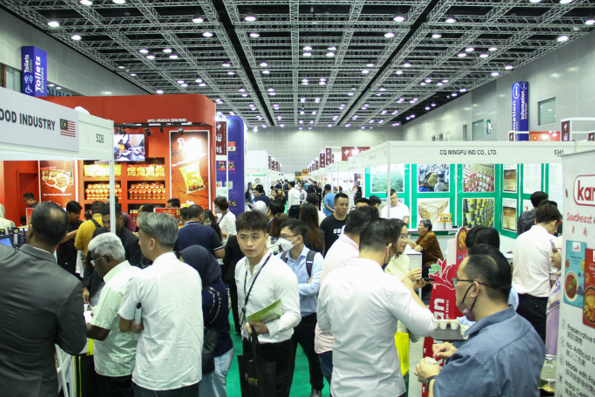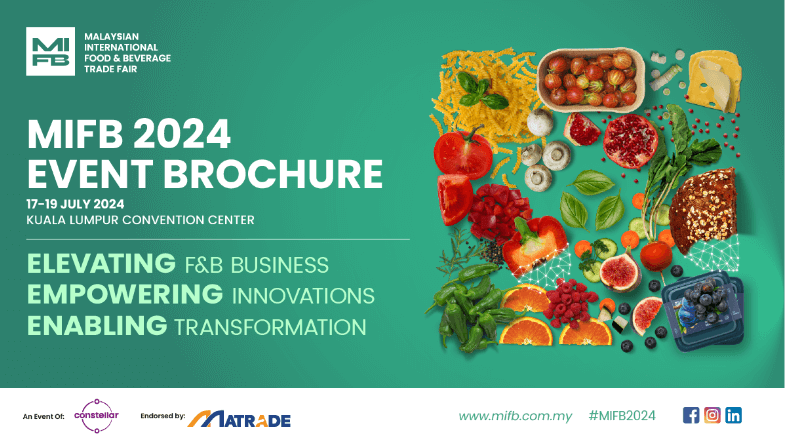The tides have changed for Southeast Asian fishers who have had to face the hard truth that their livelihoods are threatened by big trawlers and illegal fishermen.
Not only are their catches in decline, especially for those who fish near the shore, they also have to compete with other commercial trawlers, water pollution, dangerous labour conditions and shrinking seafood populations.
The trade war between the US and China in the Asia Pacific region is also intensifying the fish wars within the region.
Asia’s fisheries are essential for food security and are the rice bowls of rural and coastal populations. However, the distribution imbalance of global fish production, coupled with fish trade tariffs, is challenging the socio-economic growth in poorer countries.

To be clear, more than 50% of the world’s marine and river fish catch, and almost 90% of global aquaculture comes from Asia.
But according to experts at the Asia Maritime Transparency Initiative (AMTI) at the Center for Strategic and International Studies (CSIS) in Washington DC, total fish stocks in these waters have depleted by 70-95% since the 1950s.
The region’s fisheries are facing a crisis and their declining catches and collapsing fisheries need to be recognised as a food security risk, which will affect the region’s path to development.
Overfishing has nearly sucked the sea dry of mature seafood stock with even young creatures becoming by-catch in the nets of giant trawlers now commonly seen in the sea.
The Asia-Pacific Fishery Commission, a regional consultative forum, points out that there are two million fishing vessels in the South China Sea and Bay of Bengal.
This large number of barges has put the future of the fisheries in peril.
Local and international fishing regulations do exist to control rampant illegal fishing activities that often go unreported.
But they haven’t fully benefited the smaller fishing businesses.
Take Malaysia for example. The Fisheries Department had taken numerous measures, including using technology such as the Vessel Monitoring System (VMS), to monitor fishing vessels.
The VMS is used to monitor fishing vessels travelling through local waters and nab any encroaching foreign vessels.
The department had also taken action against Malaysians who had broken the law, including the Fisheries Act 1983 and regulations stipulated in fishing permits. Among the action taken was to revoke the licences for 472 vessels.
In conclusion, if we don’t do something about overfishing now, by 2048 all of the species that we currently fish for food will have disappeared.
Not only will we be saying goodbye to a valuable and delicious source of protein, but also the livelihoods of fishermen, both big and small, around the globe.
MIFB is the largest Food and Beverage Focused Trade event in the country which offers a platform for businesses from the industry to showcase their products and services at an international level. If you are looking to introduce, exchange, and learn about the latest innovation and technologies from around the world then MIFB is the place to be.





